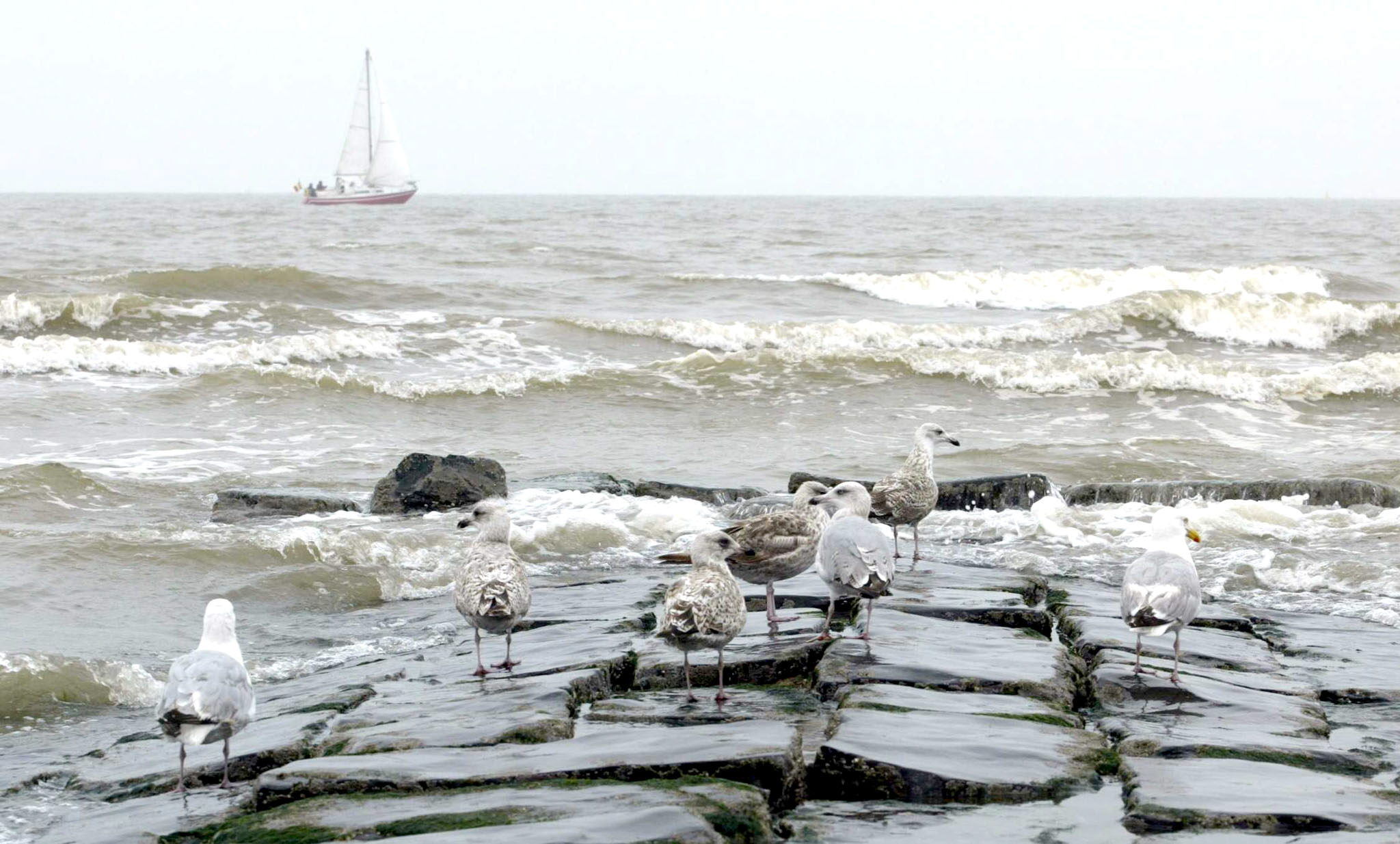North Sea ecosystem under pressure from pollution and climate change

The marine ecosystem of the Belgian North Sea is under pressure from pollution and climate change, according to a report by the Federal Public Service (FPS) of Health, Food Chain Safety and Environment.
Belgium's annual Marine Strategy report assesses the state of the environment in the North Sea. The report published on Wednesday shows that populations of porpoises, seabirds and other species such as fish remain vulnerable due to human disturbance and climate change.
Meanwhile, average seawater temperatures continue to rise, affecting the distribution of species. Increased CO2 emissions threaten the growth of shellfish and plankton, while extreme weather events and rising sea levels are increasing the vulnerability of coastal areas and their ecosystems.
Heavy pollution
Next to the effects of climate change, human activity is also threatening ecosystems. The amount of plastic waste remains a persistent problem, with serious consequences for marine life, the report says. Underwater noise from shipping and industrial activities pose an increasing risk to marine mammals such as porpoises.
Nitrogen and phosphorus, which mainly flow into the sea from rivers, cause seasonal algal blooms to grow. New invasive alien species continue to be discovered that disrupt existing ecosystems.

However, there have been some positive developments. The number of protected areas has been expanded, helping to conserve and restore ecosystems.
Overfishing has also been reduced, but overfishing of some commercial species remains a challenge, the report says. It stresses the importance of balancing economic growth and environmental protection.
Finally, the potential impacts of offshore wind farms also need to be taken into account, the report says. "While it has an important role to play in the energy transition, it also has environmental impacts that need to be closely monitored."
© BELGA PHOTO YVES BOUCAU
Related news
